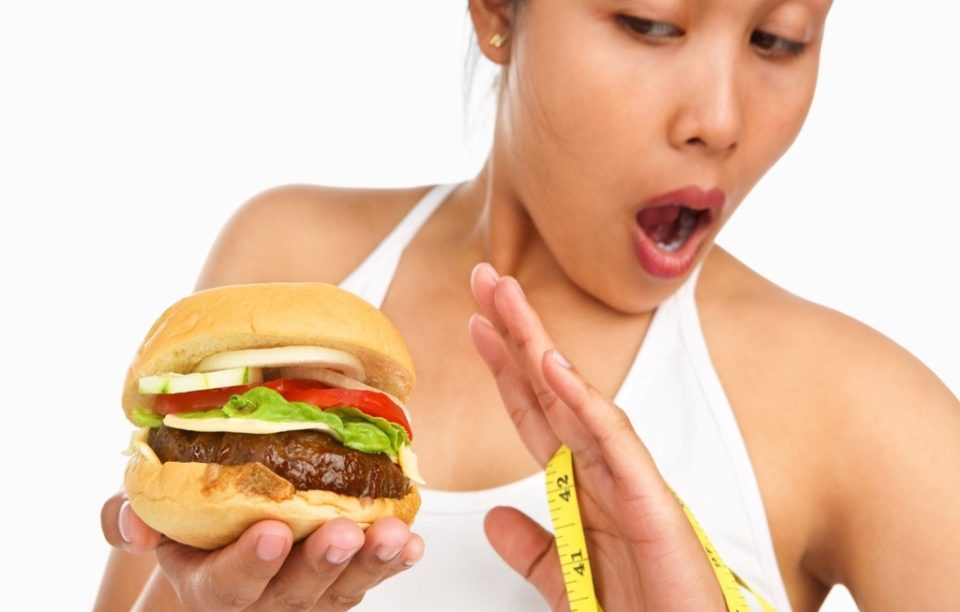In order to better protect your health after bariatric surgery, it is important to know what foods and drinks you should avoid Your stomach size is much smaller now than before so it can only handle small portions of food. This means that eating or drinking too quickly can lead to vomiting or choking on food and liquids. Read more about the common foods and drinks that are off-limits Post weight loss surgery diet!
According to a Bariatric Surgery in Las Cruces, the following is a list of common foods and drinks to avoid in your bariatric diet post-surgery. When possible, substitute these for lower calorie alternatives.
- Alcohol – Reduces gastric emptying time and increases risk of dumping syndrome—the rapid absorption of food into the bloodstream that may cause nausea, vomiting, diarrhea, dizziness, weakness, or rapid heartbeat.
- Carbonated drinks – Decreases gastric emptying time and increases risk of dumping syndrome.
- Sugary fruit juices – Increase blood sugar levels and promote weight gain. Replace with unsweetened cranberry juice, unsweetened apple juice or plain water.
- Caffeine (found in coffee, tea, colas, and some over-the-counter medications) – Increases heart rate and blood pressure; limit intake to one cup of coffee per day for those who regularly drink caffeine on a regular basis.
- Carbonated water – Promotes bloating, especially when combined with fats and oils found in many condiments. If your doctor recommends drinking carbonated beverages after surgery, try sparkling water instead; this will also increase consumption of plain water, which is important for overall health.
- Dairy products – increased risk of lactose intolerance. Limit to no more than 12 ounces of yogurt or 8 ounces of milk per day (cheese and ice cream are high in fat).
- Fats and oils – Increase the risk of gallstones; limit intake to 1 teaspoon per meal for cooking.
- Fatty meats (beef, pork) – Increase breast tenderness and menstrual irregularities in women. Limit to one serving per day; choose lean cuts of meat and remove visible fat before cooking.
- Fermented foods (pickles, sauerkraut) – Increase the risk of gas formation. Try an alternative such as sliced cucumbers or green beans.
- Grains – Decrease feelings of fullness and may increase blood sugar levels. Limit to one serving per day; choose whole grains such as brown rice, quinoa, oatmeal, or sorghum (kaffir).
- Gums – Have a laxative effect that increases bowel movements after surgery; limit intake to two pieces per day or use sparingly for dental health.
- High-fat foods – Increase long-term risk of obesity, heart disease and Type 2 diabetes. Limit to 10% or less of daily calories; choose foods such as low-fat dairy products, lean meats, skinless poultry, and fish.
- Hot spices (cayenne pepper, chili powder) – Decrease appetite and increase peristalsis (bowel movement); limit intake to one teaspoon two or three times per week.
- Meats, fish, or poultry with skin – increased risk of colon cancer; eat only lean meat and remove visible fat before eating.
After reading these guidelines, we hope you have a better understanding of what changes one has to make in one’s diet. But remember besides the diet even Exercise After Weight Loss Surgery changes. So be mindful of the exercises you perform.

